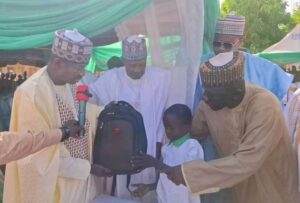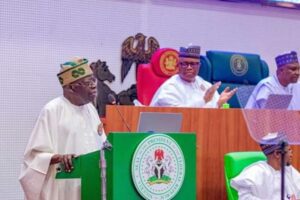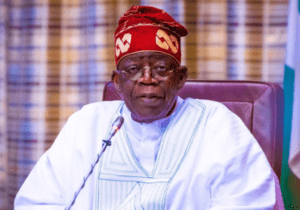TASCE seeks collaboration with TESCOM on effective teaching skills
For effective teaching skills and delivery of qualitative education service across the Secondary Schools in the State, the Management of Tai Solarin College of Education (TASCE), Omu Ijebu, seeks to collaborate with the Ogun State Teaching Service Commission( TESCOM) to move the education sector forward.
The Provost of the College, Dr. Adeola Kiadese, made this known during a courtesy visit to the Chairman, TESCOM, Evang. Olalekan Ifede at the Commission’s Conference Room, Oke-Mosan, Abeokuta.
He said the collaboration is long overdue, adding that the step is meant to guide against half baked students at the Secondary Schools level.
Kiadese said ways the management wish to collaborate with TESCOM include training teachers on Information, Communication Technology (ICT) to enhance teaching profession, training and re-training of teachers on the skills needed to be adopted in handling core subjects, monitoring their performance level after graduation from the College and their academic performance to mention but a few.
“In as much as we are concern about the performance of our products in the labour market and their academic achievements, teaching and delivery skills of our students also matters to us, particularly in core subjects such as English, Mathematics, Chemistry, fine art and other subjects,” Kiadese said.
He applauded the Governor, Prince Dapo Abiodun for the giant strides in the State education sector, adding that the management of the College is fully ready to join hands with education stakeholders to move the sector forward.
Speaking, the Chairman, (TESCOM), Evang. Olalekan Ifede, advised the management team of Tai Solarin, College of Education to incorporate new training courses in their curriculum to enhance academic excellence in the State.
He admonished them to intimate their students on the rudiments of academic skills, in order to upgrade the standard of education.
Ifede said the Commission would collaborate with the college on capacity building of teachers, noting that it is imperative for management of the college to deploy strategies, which would rectify lackadaisical attitude exhibited by students who later become teachers in various schools.
Also speaking, the Permanent Secretary, TESCOM, Mr. Johnson Odeyemi charged the institution to train their students on Information Communication Technology, as well as introduction of a course on Principle of Ethics and educate them on the importance of imbibing the spirit of rural adaptation to guide against future lobbying and improve knowledge impartation of students placed in their care.
In their separate remarks, the Commissioners in the Commission, Hon. Adeola Akintonde, Omoba Adetokunbo Tella, Mr. Olanrewaju Majekodunmi and Hon. Joseph Adeleye, enjoined the institution to enlighten the future teachers to reflect commitment in their professional dexterity, so as to restore the lost glory of education in the State.
The Commissioners also implored them to dissuade their students from engaging in social vices, that could jeopardize their future, as they would become role models to their students in the future.




